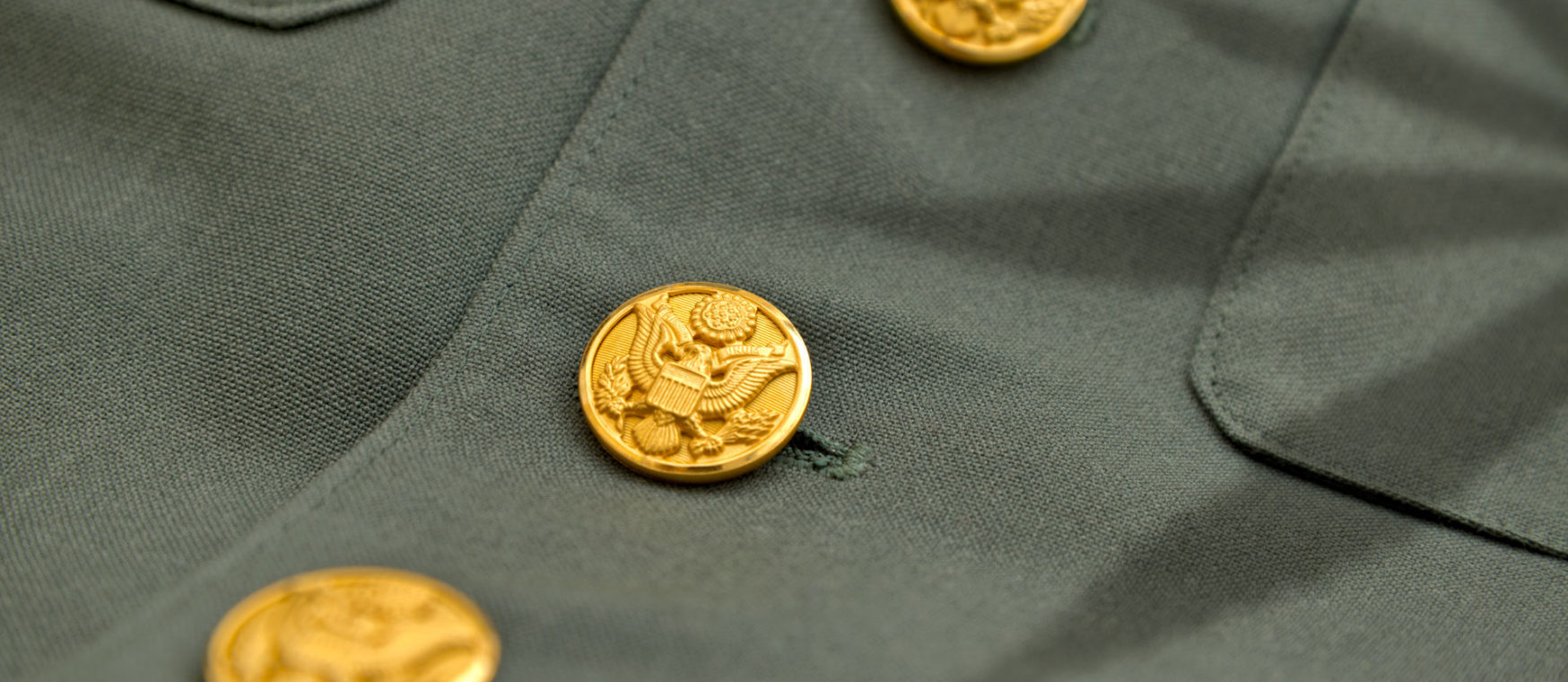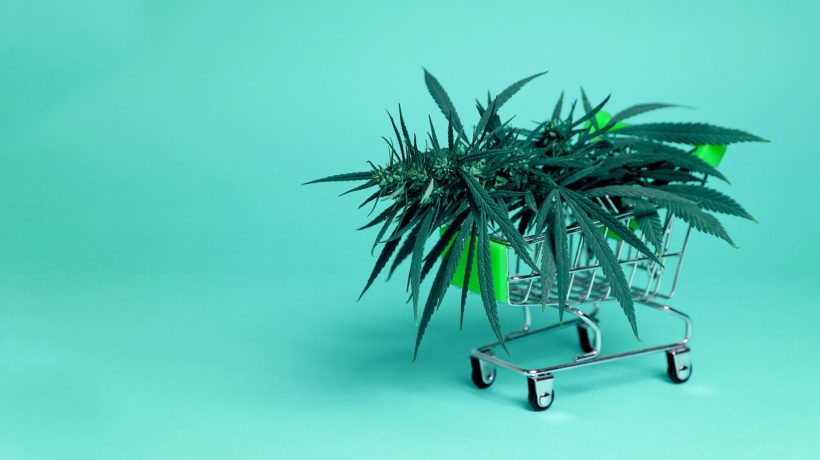Few of us have heard of the ‘combat cocktail’. For combat vets returning from the front line, it’s all too familiar. Soldiers who come home with post-traumatic stress disorder (PTSD), insomnia, depression, anxiety, or chronic pain are commonly prescribed a potent blend of medication. This is the combat cocktail, also known as ‘zombie dope’.
While these meds are intended to soften symptoms associated with psychological and physical trauma, veterans commonly report that zombie dope throws a new set of side effects into the mix. Vets who swallow the daily dose of benzodiazepines, SSRIs, and opioids often report feeling on edge, irritable, drowsy, or zombie-like.
Of even greater concern is the potential link to increased suicide. More than 20 veterans succumb to suicide every day, with one recent headline proclaiming that suicide has been more deadly for the military than combat.
For veterans who want to ease the trauma of combat and reintegrate into civilian life, cannabis may be the answer. A movement is taking shape among veterans who have seen or experienced the healing potential of cannabis in managing their symptoms, and they are demanding access.
Steve Ellmore, a veteran, filmmaker, photojournalist, and activist, is convinced that cannabis can provide relief for veterans across multiple fronts. Ellmore set out to make a film highlighting the benefits of cannabis for vets. Unprescribed, which recently won the Grand Jury Prize for Best Documentary Film at the Los Angeles Motion Picture Festival, Best Feature Documentary at the 2019 Cannabis Culture Film Festival, and was the Be The Change Winner at the Colorado International Activism Film Festival, is his offering.
“The idea to make Unprescribed came after a couple of veterans asked me to document a marijuana grow that they were trying to establish in the Midwest,” explains Ellmore.
“At the time, I was working at the Pentagon, and as we all know, marijuana is illegal at the federal level. So, a lot of vets, like me, can’t use it without risking our jobs, even if it’s in a legal state. Of course, I was skeptical, but wanted to help them out. “
Ellmore began helping them while undertaking his own research into cannabis. In the process, he uncovered diverse ways that cannabis was assisting veterans, from PTSD to traumatic brain injuries. While the initial plans for documenting the marijuana grow got scratched, Ellmore became convinced of the therapeutic potential of cannabis for veterans.
“I began realizing that we had just been lied to all these years about the dangers of marijuana,” he reflects. “What stood out most was the idea that it could help reduce veteran suicides. For me, that was the personal connection.When I learned about the positive effects marijuana has on anxiety, I was determined that it needed to be taken off the federal drug schedule.”
Ellmore started filming in 2017 at the peak of the opioid crisis, and numerous veterans he encountered were on a mix of pain meds, antidepressants, SSRIs, and sleep meds. “It was turning them into zombies,” says Ellmore.
“For a lot of these guys, suicide seemed like the only escape from this fog they were under. Everywhere I went, the stories were the same. These guys were given boxes of pills each month, which took them further down the rabbit hole until someone suggested they try marijuana. And then, boom! Just like that, they felt normal again.”
Ellmore views Unprescribed as an advocacy tool — it’s a documentary that intends to ruffle feathers and blow open conversations about making cannabis accessible for veterans.
“The goal of the film is to remind the general public that cannabis is still inaccessible to a number of people, and to break the stigma in the hearts and minds of the American voter in hopes of influencing our lawmakers to remove it from the federal drug schedule,” Ellmore emphasizes.
With cannabis now legalized in 33 states, Ellmore laments that many assume the battle for legitimacy is over. For veterans who rely on veteran healthcare benefits, however, cannabis is off the table. The U.S. Department of Veteran Affairs (VA) falls under the umbrella of federal law, which dictates that marijuana is a Schedule I controlled substance with no proven medical benefits. The VA website disavows cannabis as a treatment for PTSD and labels it harmful to veterans.
Research suggests otherwise, with several recent studies, such as this one, highlighting that cannabis can reduce the association between PTSD and severe depressive and suicidal states. That’s not to mention the host of other research that indicates its therapeutic potential in treating insomnia, anxiety, and chronic pain — conditions all commonly experienced by combat veterans.
In addition to Unprescribed’s efforts to foster awareness, advocacy groups such as the Veterans Cannabis Project and the Veterans Cannabis Coalition are springing up across the U.S. Their demands? That Congress authorize doctors to make medical cannabis available to veterans, and engage in ongoing research about its benefits.
Unprescribed is currently weaving its way through film festivals in the U.S. Follow the film on twitter to find out about upcoming screenings.



